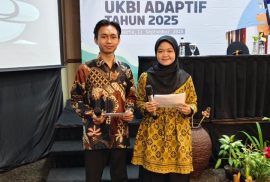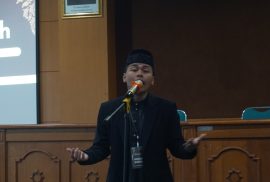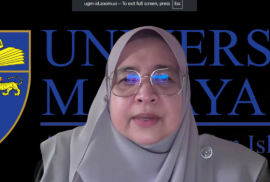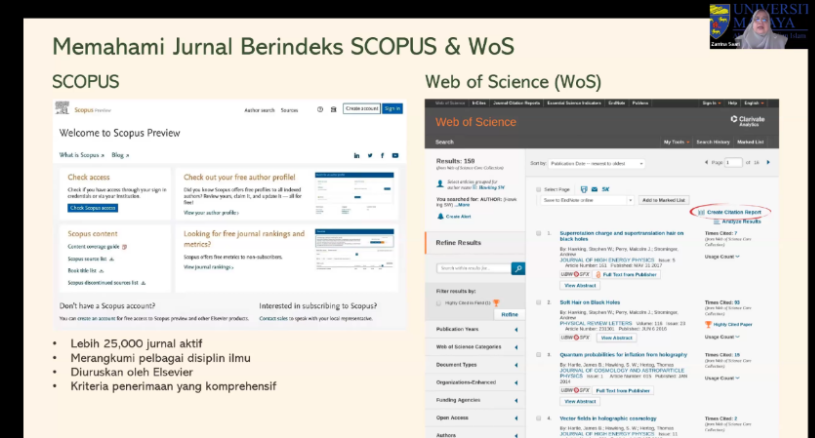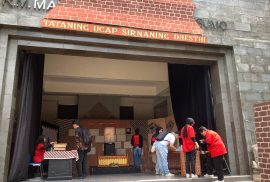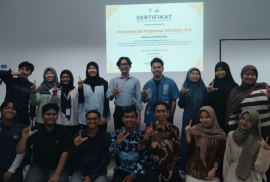Yogyakarta, September 11, 2025 – The Center for Language and Literature Development, under the Agency for Language Development and Cultivation of the Ministry of Primary and Secondary Education, through the Language Office of the Special Region of Yogyakarta, held the UKBI Adaptive Trial on Thursday (9/11/2025). The event took place at Riss Hotel Malioboro, Yogyakarta, from 07.30 to 16.00 WIB.
The program aimed to test the Indonesian Language Proficiency Test (UKBI) questions that had previously been validated in the standardization process. UKBI is a national standardized test designed to measure Indonesian language proficiency, both spoken and written.
The event opened with remarks from the Head of the Center for Language and Literature Development or the Head of the Language Office, followed by technical guidance delivered by the UKBI team. Throughout the day, participants took part in two trial sessions: the first in the morning and the second in the afternoon.
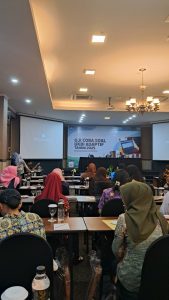 This activity was attended by a wide range of participants, including lecturers and university students, high school and junior high school teachers and students, researchers, journalists, hotel staff, education office employees, translators, and legal practitioners. From Universitas Gadjah Mada, two Arabic Literature students from the 2023 cohort, Muhammad Candra Solihin and Pandhita Hapsari, also took part in the event. Their participation highlights the important role of young generations in maintaining and enhancing the quality of the Indonesian language.
This activity was attended by a wide range of participants, including lecturers and university students, high school and junior high school teachers and students, researchers, journalists, hotel staff, education office employees, translators, and legal practitioners. From Universitas Gadjah Mada, two Arabic Literature students from the 2023 cohort, Muhammad Candra Solihin and Pandhita Hapsari, also took part in the event. Their participation highlights the important role of young generations in maintaining and enhancing the quality of the Indonesian language.
It is expected that the results of this trial will provide valuable input for improving UKBI questions in the future, making them more adaptive and reflective of comprehensive standards of Indonesian language proficiency.
[Public Relations of FIB UGM, Candra Solihin]

